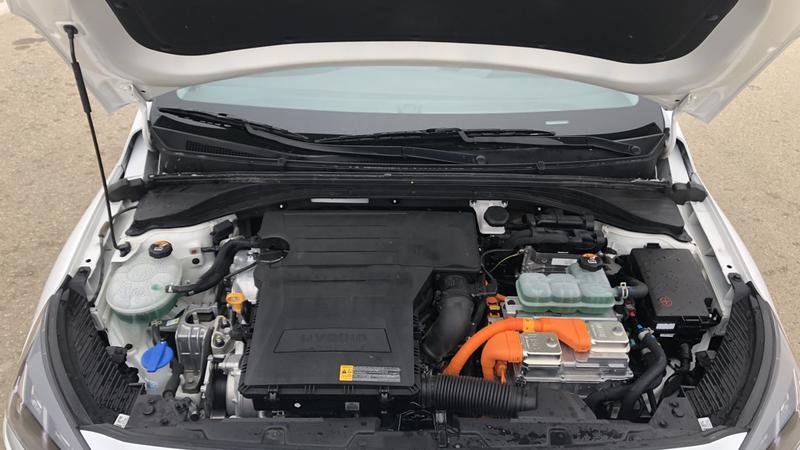
Region has growing network of EV charging options
The price of gas at the pumps is high and the federal government is looking to push vehicles into zero-emission status by 2035, so at least one local dealership is seeing a change in car buying.
People are coming into Prince Albert’s Lakeland Hyundai looking for hybrid vehicles, hoping to get the best of the EV world along with the longer range of a gas engine, said David Tweidt, sales manager.
In the six years, he has worked there, demand has grown every year and he sees a major market shift happening.
“My estimation is by 2027 or 28, you’re going to see a huge decrease in the amount of gasoline in favour of hybrid engines,” he said.

